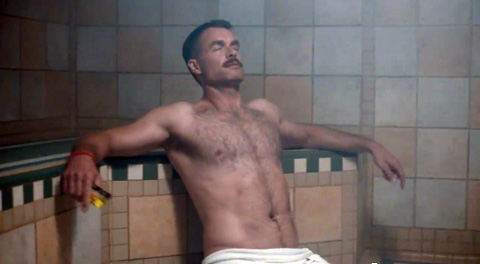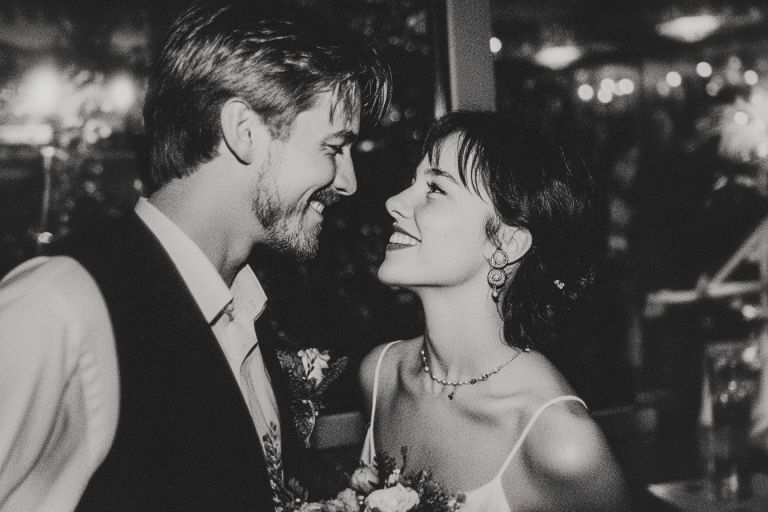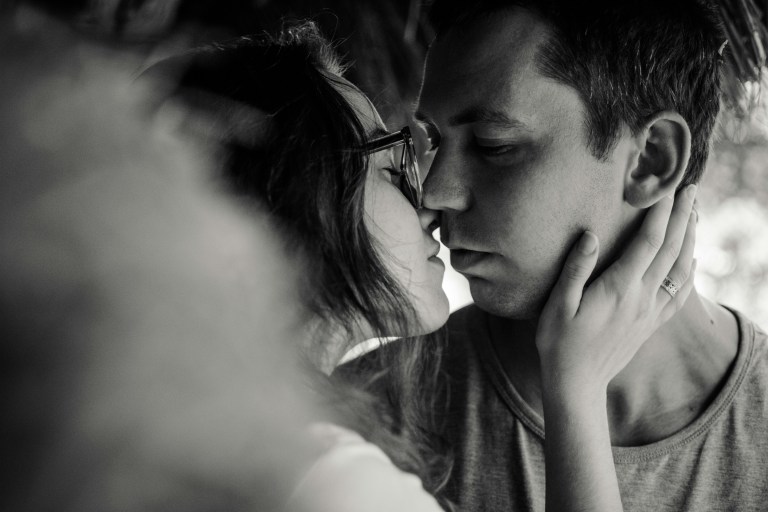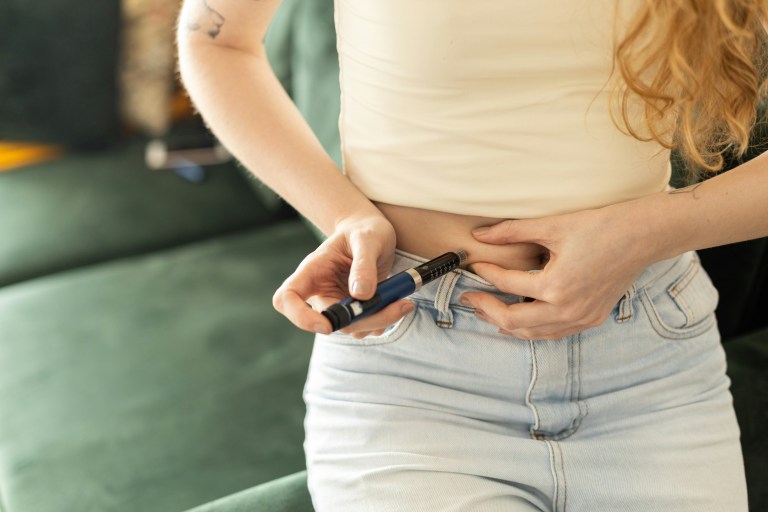
Gay Men And The Eating Disorders Nobody Is Talking About
There are times where I have felt legitimate pressure to be on my best dieting behavior around other gay men.
By Tyler Hatch
Did you know it’s a faux pas for a gay man to eat appetizers at cocktail receptions? That it’s acceptable to laugh at the fat-ass who decides to eat a slice of cake by himself rather than share with a friend at a birthday celebration? That if you can’t fit into the tightest of tank-tops without spilling over that you’ve opened yourself to social criticism from your peers?
While many will disagree with these generalizations, a visit to any gay bar, club, or gayborhood will allow you to come across countless men who have suffered judgment for breaking the above social rules. Sure, there are the 12 tribes of Grindr and men who love each of them, but common convention in the gay world is that you can never be too fit and that your body fat percentage could always do with some trimming down.
There have been a plethora of posts over the last year alone detailing individuals struggles with anorexia, bulimia, and disordered eating. I applaud those authors for their courage and ability to put their struggles into words. Opening up your deepest wounds to the internet is never easy, and they should be proud of themselves for their strength to do so.
One narrative that has been almost completely silent on this and every other site, however, are stories from gay men. Despite the fact that 15% of gay and bisexual men have suffered from an eating disorder in their lifetime, there is little research or knowledge on this issue.
In a powerful piece published by Salon, Nico Lang details the “hidden epidemic” facing gay men and the lack of response from medical officials. Lang has previously written on his experience with disordered eating on this site – one of the very few posts from a male to do so. Both are pieces that deserve increased attention and are ones you need to add to your reading list.
In the never ending irony game that is the internet, the video advertisements that came up when I was reading Lang’s Salon article on eating disorders and male body image issues were for weight loss workouts and dieting pills.
Gay men are three times as likely as straight men to have an eating disorder. Coupled with higher rates of depression than the general population and disproportionately high rates of substance use, mental health within the LGBT community is a field that is increasingly in need of evaluation and action.
While I have never suffered from anorexia or bulimia, I have struggled with disordered eating since a young age. At the age of 11, I told my mother I was going on an all-rice diet. Middle school was my secret Atkins phase, and high school was filled with insane exercise regimes and minimal eating. College brought the freshman 15 and then a subsequent 30 pound weight loss. It wasn’t until my coming out process that I began to truly take a look at why I was so obsessed with my weight and began to address my problem with how I viewed weight.
My roommates and I often joke about how we had better eat before we head to a gay cocktail hour or social event. Although I may the one to crack the joke, there are times where I have felt legitimate pressure to be on my best dieting behavior around other gay men.
Weight has, and most likely will, always be an issue that I struggle to deal with. I’m never quite happy with how I look, how I’m shaped, or how I measure up to my friends. These are feelings that many, if not all, of us have faced and it sucks that it’s become universally expected and acceptable to feel this way.
We applaud the insane diets of celebrities such as Matthew McConaughey’s Dallas Buyers Club diet of two egg whites, Diet Coke, and a single piece of chicken a day. During interviews with press, McConaughey has said that he found his diet regime to be mentally stimulating and the way he describes eating a single container of tapioca pudding over and hour sounds like a fun game we should all give a go. If leading men aren’t shedding weight at disgustingly alarming rates, they are “hulking up” to ensure that their Hollywood abs are forever better than the ones you can achieve on your own. The intense amount of attention and praise that the media gives to these unhealthy and dangerous weight gain/loss trends only reinforces the notion that a radical change to your weight deserves recognition.
Whether it’s from the unattainable expectations brought on by Hollywood or our childhood dolls, we have all been conditioned to embrace certain bodies shapes over others. The issue of queer male eating disorders is one that needs increased awareness and discussion. As society makes increasing strides to address eating disorders in young women we must remember that this disease knows no gender and anyone — male or female — can find themselves victim to it. ![]()











